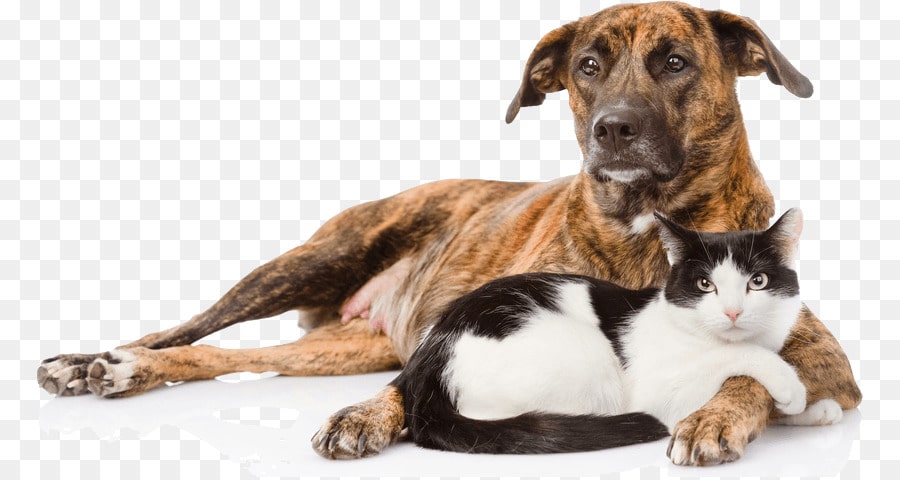News stories about pets with COVID-19 being abandoned or thrown from buildings for fear that the pet owners will get infected by the virus abound. Terrible though the stories are, we, as pet owners, should educate ourselves on what COVID-19 is and how it impacts you and your pet.
What is COVID-19
COVID-19 (or COrona VIrus Disease 2019) was previously known as 2019-nCov or 2019 novel coronavirus. This highly contagious virus causes severe pneumonia which can be fatal to high-risk individuals. These are the elderly aged 60 years old and above, and people who have serious chronic medical conditions like heart disease, diabetes, and lung disease.
It was also found out that the virus originated from animals and mutated enough to infect humans. The first known cases were discovered in Wuhan, China. According to the World Health Organization (WHO), COVID-19 has crossed 100,000 reported cases in 100 countries. Read more about COVID-19 here
How COVID-19 is spread
According to the CDC, COVID-19 spreads mainly through person-to-person. “People who are in close contact with an infected individual within about 6 feet. Through respiratory droplets produced when an infected person coughs or sneezes; these droplets can land in the mouths or noses of people who are nearby or possibly be inhaled into the lungs.” COVID-19 also spreads when you touch contaminated surfaces or objects and then touching your mouth, nose, or eyes.
What if my pet has COVID-19?
Horrific news bits of pets being abandoned or even thrown away are rife in social media. We need not do if we suspect that our furballs have contracted the disease. Here’s what the Centers for Disease Control and Prevention (CDC) has to say about pets contracting COVID-19:
“While this virus seems to have emerged from an animal source, it is now spreading from person-to-person in China. There is no reason to think that any animals including pets in the United States might be a source of infection with this new coronavirus. To date, CDC has not received any reports of pets or other animals becoming sick with COVID-19. At this time, there is no evidence that companion animals including pets can spread COVID-19. However, since animals can spread other diseases to people, it’s always a good idea to wash your hands after being around animals.”
Observe proper hygiene
Proper hygiene should always be observed, especially with COVID-19 still being contained by authorities as of this writing. According to WHO, here’s what you should do:
- Wash hands frequently
- Maintain a distance of at least 3 feet and from anyone who’s coughing and sneezing
- Avoid touching eyes, nose, and mouth. Our hands touch many surfaces and can pick up viruses, our eyes, nose, and mouth are entry points for the virus.
- Cover your mouth when coughing or sneezing using your elbow or tissue. Dispose of tissue properly
- If you have a fever, cough, and difficulty breathing, seek medical care early.
- Stay informed
In case you have to quarantine yourself
If you suspect that you might have COVID-19, you will have to quarantine yourself away from your furkids for at least 14 days. You also have to have a Pet Disaster Preparedness Kit as outlined by the CDC. Do not forget to include Addiction Foods pet food in your kit. Addiction has enriched all of its dry and raw-dehydrated dog food recipes with taurine. We even have vegetarian dog food for hypersensitive dogs, Zen Vegetarian. We also have Addiction cat food. All these are available from your local store.
As always, the best defense against COVID-19 is by being informed. Stay up-to-date from reliable news sources.
Like us on Facebook and follow us on Instagram for more pet health and nutrition updates.
For further reading:
1. https://abc11.com/health/how-did-coronavirus-start-here-are-answers-to-your-covid-19-questions/5997396/
2. https://abc7news.com/5988565/
3. https://www.wmcactionnews5.com/2020/03/09/how-protect-your-pets-amid-coronavirus-outbreak/
4. http://www.dem.ri.gov/programs/agriculture/animal-health-covid-19.php
5. https://vet.osu.edu/vmc/about-us/news/covid-19-and-animals











